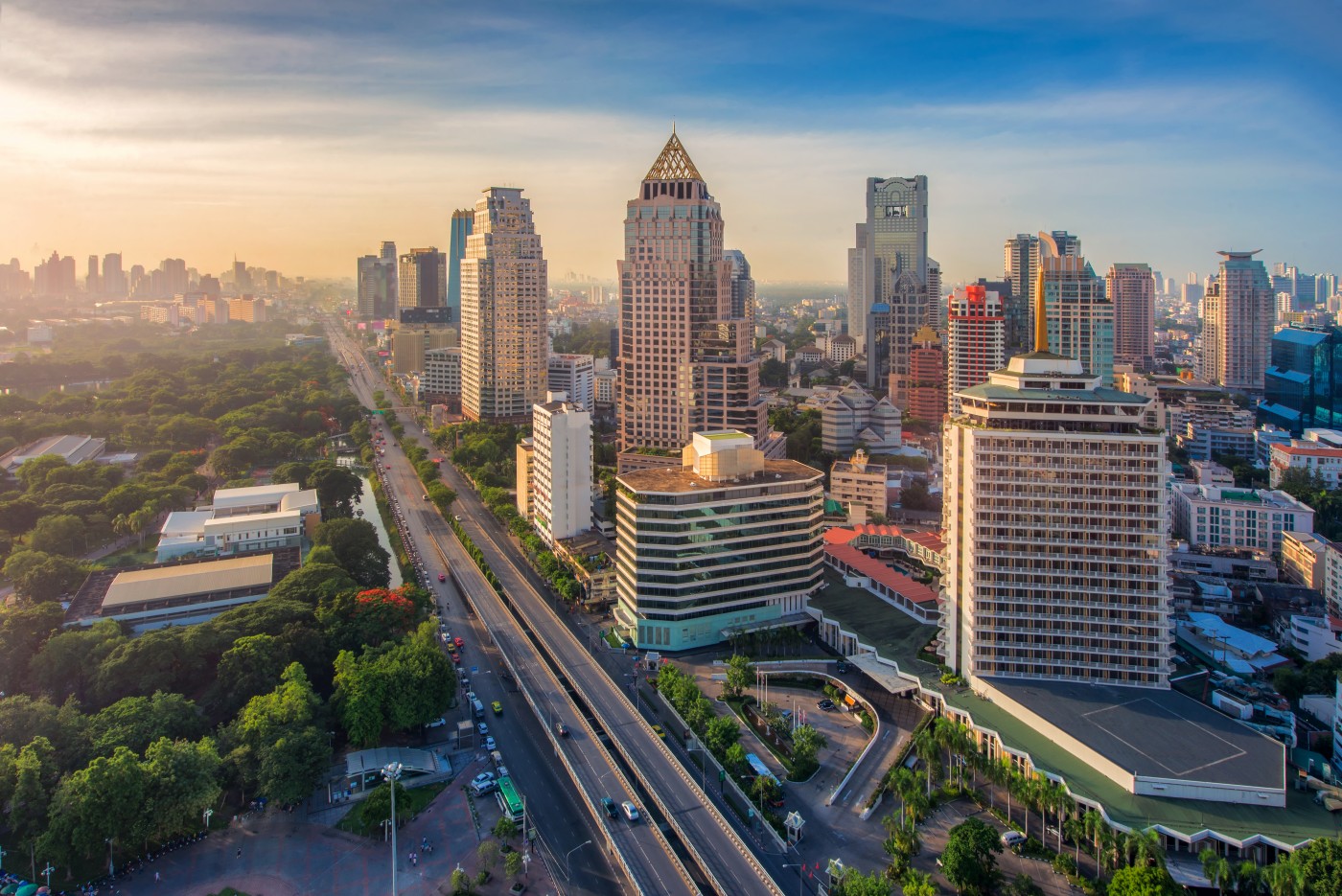
Climate Change Knowledge Group
The topic for 2016 was climate change litigation.
What lawyers can do about climate change
Download the workshop briefing paper
Wednesday 2nd November 2016 at 5pm
The Dickson Poon School of Law, East Wing Somerset House, King’s College London, Strand, London WC2R 2LS
In collaboration with Kings College London and Allen & Overy LLP
This third session of A4ID’s Climate Change Knowledge Group provided an opportunity for lawyers from practice, academia and the non-profit sector to discuss practical legal action in relation to climate change issues. In the form of a workshop, it explored how climate change is becoming part of everyday legal practice, focusing on two areas of legal practice: climate change litigation and non-contentious climate change commercial advice.
The workshop’s findings may be summarised in the form of a joint working paper or informal blog piece or podcast.
The workshop took the form of a roundtable discussion involving up to 15 legal experts, with short introductions of key issues and a structured discussion, based on pre-selected questions.
Confirmed Workshop Participants:
Dr Emily Barritt, KCL
Dr Megan Bowman, KCL
Alice Garton, ClientEarth
Richard Harvey, Garden Court Chambers
Richard Lord, QC, Brick Court Chambers
James Maurici, QC, Landmark Chambers
Stephen Minas, KCL
James Nierinck, Pinsent Masons LLP
Dr Eloise Scotford, KCL
Dr Sandy Steel, University of Oxford
Aidan Thomson from Berwin, Leighton, Paisner LLP
Matthew Townsend, Allen & Overy LLP
Sharon Turner, European Climate Foundation
Angeline Welsh, Matrix Chambers
Jake White, Friends of the Earth
Agenda:
17:00-17:30: Welcome and Registration
17:30-18:30: Session 1: Climate Change Advice (Chair: Dr Megan Bowman)
Most clients want to manage both the impacts of their business on climate change, and the impacts of climate change on their business. This session explored how environmental, transactional and corporate lawyers are already advising clients on issues related to climate change, and how lawyers’ roles might develop.
18:30-19:30: Session 2: Climate Change Litigation (Chair: Dr Eloise Scotford)
This session analysed what types of climate change-related litigation might arise in the English courts. The session focused mainly on litigation involving UK government and other public bodies, as well as UK-based private actors. The session also briefly considered how international forums could develop to determine climate change disputes.
Previous Group Events
The topic for 2016 was climate change litigation and the session on 15 June explored in depth role of law firms and lawyers in promoting climate change awareness.
Climate change is about the fair allocation of finite resources – fresh water, food, energy, air, the oceans and rainforests – and about how the human race will organise access to these resources in the 21st century.
Since the world’s poorest people did the least to contribute to climate change and yet will be disproportionately affected by its impacts, understanding how we choose to respond to these challenges is crucial for anyone interested in the alleviation of poverty.
Date: Wednesday, 15 June, 2016
Venue: Allen & Overy LLP, Bishops Square, London E1 6AD
Time: 6pm registration for 6.30pm start
Speakers:
Christoph Schwarte, Executive Director of the Legal Response Initiative
Julie-Anne Richards, International Policy Manager of the Climate Justice Programme
Urgenda Foundation v The State of Netherlands
This session on 16 March explored the recent case Urgenda Foundation v The State of Netherlands and its implications for using tort and human rights law in relation to climate change.
Climate change is about the fair allocation of finite resources – fresh water, food, energy, air, the oceans and rainforests – and about how the human race will organise access to these resources in the 21st century.
Since the world’s poorest people did the least to contribute to climate change and yet will be disproportionately affected by its impacts, understanding how we choose to respond to these challenges is crucial for anyone interested in the alleviation of poverty.
Climate change discourse incorporates significant legal, economic, political, technological and scientific issues, all of which have an impact on development in areas like human rights, health, education, migration, agriculture, security and finance amongst others.


